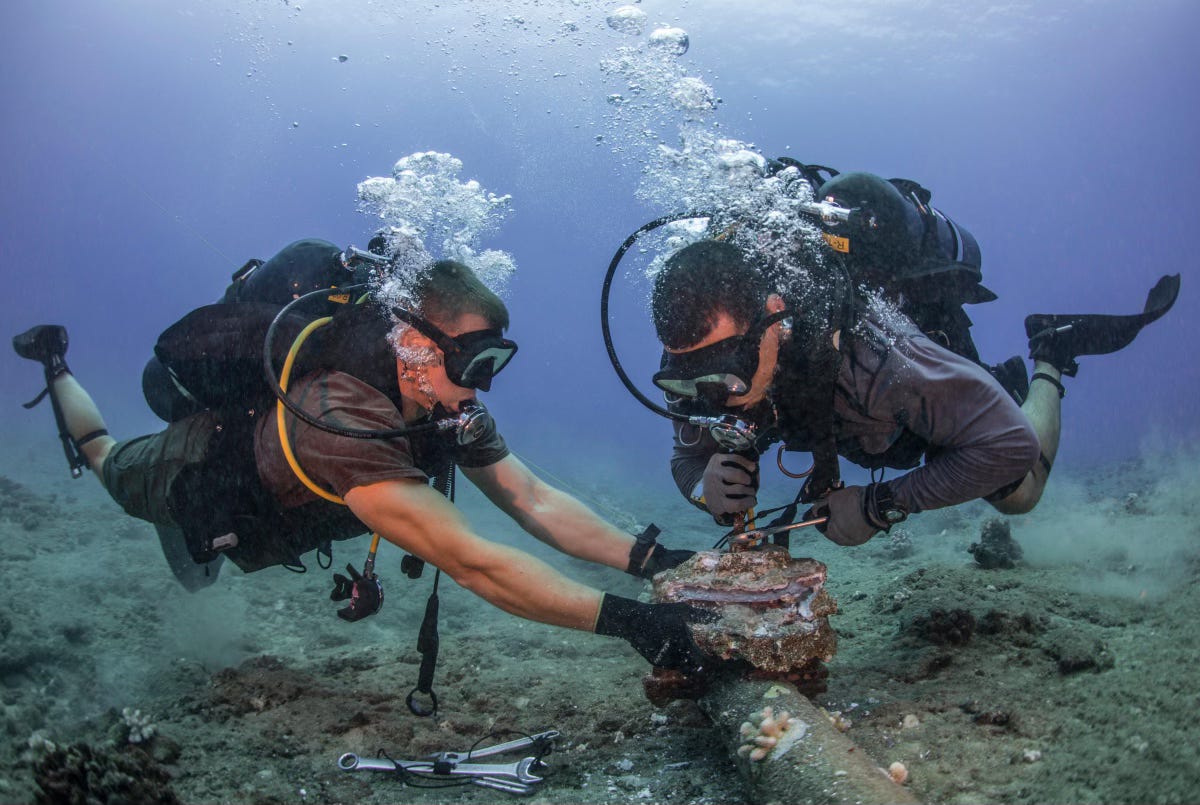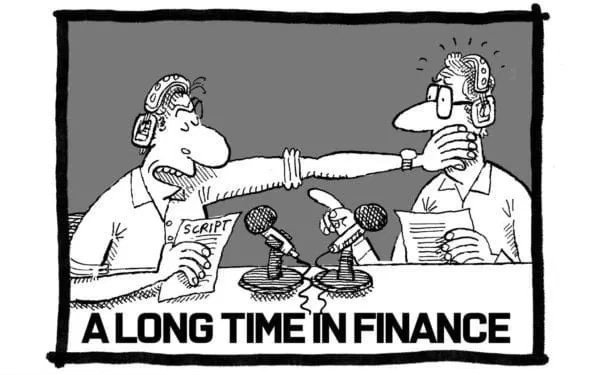NATO launched a new mission today to protect undersea cables in the Baltic Sea, following an uptick in unexplained damage to this critical infrastructure, and suspected Russian sabotage.
Speaking during a Helsinki summit today, NATO chief Mark Rutte confirmed that the operation - dubbed “Baltic Sentry”- will involve beefing up the military alliance’s presence in the region with more maritime patrol aircraft, warships and a fleet of naval drones. This increased surveillance will act as a deterrent against any cable sabotage, he insisted, while NATO’s stronger presence in the Baltic Sea will enable it to track and board suspicious vessels.
How important are undersea cables? Very, as it turns out. Not only are they essential for electricity supply, they’re also responsible for more than 95 per cent of internet traffic. And, as Rutte pointed out today, “1.3 million kilometers of cables guarantee an estimated $10 trillion worth of financial transactions every day.”
Cable sabotage is not a new phenomenon. In fact, one of Britain’s first moves after declaring war on the Germans in 1914 was to sever all five of the undersea telegraph cables connecting Germany with the outside world. This forced it to rely on wireless transmissions to communicate with naval and colonial forces stationed abroad.
In recent months, a string of murky disruptions to cables in the sea that borders Russia has sharpened attention on the growing threat of sabotage to this critical infrastructure.
The most recent example of unexplained damage to undersea infrastructure in the Baltic came in late December when an electricity cable running between Finland and Estonia was cut.
Estonia's Foreign Minister Margus Tsahkna avoided directly pointing the finger at Russia, but its suspected involvement was heavily implied. Damage to submarine infrastructure had become "so frequent", said Tsahkna, that it casts doubt on the idea that said damage is due to "merely poor seamanship".
Rutte also avoided singling out Moscow as a culprit of cable damage today. He only directly spoke of Russia when he said that an increased presence in the Baltic Sea would help NATO to step up its monitoring of Moscow’s “shadow fleet”. In other words, it can monitor Russian ships, carrying embargoed oil products, that deliberately lack clear ownership as a means to dodge sanctions and keep oil revenue flowing to Moscow.
Cautiousness over accusing Russia of cable-cutting, without very strong evidence, is perhaps sensible. After all, suspected Russian sabotage of the Nord Stream pipelines - that carry natural gas from Russia to Germany under the Baltic Sea - now appears to have been disproven. A group of Ukrainians - operating independently of Kyiv’s government - are thought to be responsible for the damage.
That said, we do know that Russia has invested heavily in naval capabilities for underwater sabotage, primarily through GUGI, a secretive unit which operates deep-water submarine and naval drones. And, according to a 2024 Policy Exchange report, since 2021, there have been more than 70 publicly recorded sightings of Russian vessels “behaving abnormally near critical maritime infrastructure”.
Stepping up surveillance is a key step for NATO to build deterrence against any more acts of cable sabotage. Though history indicates that another key priority should be improving its ability to repair cable damage quickly.
According to historian Daniel Headrick, the real advantage in the First World War was not a side’s ability to cut cables but to repair them. British cable repairs were rapid. The German attack on a British cable off Cocos-Keeling Island, for instance, made very little difference to the British communications network as it was repaired within twelve hours after the Germans had left.
NATO’s action today shows that the allies are being forced by the pace of events and the rising threat from Russia and China to start learning the lessons of history.
Caitlin Allen
Deputy Editor
ON REACTION TODAY
Adam Boulton
History shows us that prime ministers tend to go down with chancellors
Neil Collins and Jonathan Ford
A Long Time in Finance: why the Germans don’t do it better
ALSO KNOW
Treasury minister Tulip Siddiq resigns - Siddiq has resigned following growing pressure over an anti-corruption investigation in Bangladesh. The Labour MP for Hampstead and Highgate referred herself last week to Prime Minister Keir Starmer's standards adviser Laurie Magnus but insisted she had done nothing wrong. In a letter to Starmer this evening, she said that, while Magnus found she had not breached ministerial rules, "continuing in my role as economic secretary to the Treasury is likely to be a distraction from the work of government".
Gaza ceasefire imminent - Talks in Doha on a Gaza ceasefire deal and the release of Israeli hostages are reportedly in their "final stages", with key mediator Qatar insisting an agreement is "very close". There would be three phases to the deal, with three hostages released on the first day and Israel beginning to withdraw troops after that.
Will Musk buy TikTok? - Chinese officials are considering masterminding a deal that would enable a trusted non-Chinese party - possibly Elon Musk - to take control of TikTok’s US operations in order to avert the US ban on the app, which is due to take force the day before Trump takes office.
Reeves ramps up growth mission - After a turbulent few days in financial markets, the pound and UK government borrowing costs are showing signs of stabilising today. Speaking in the Commons this afternoon, Chancellor Rachel Reeves vowed to go "further and faster" to achieve economic growth.





